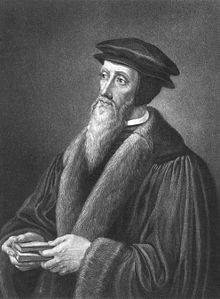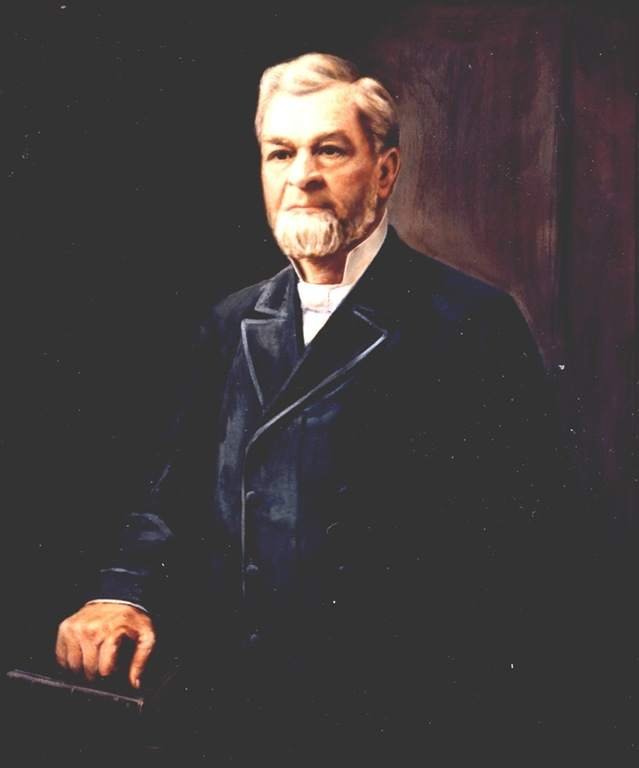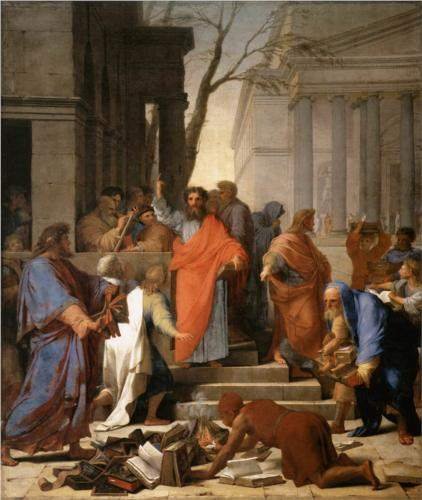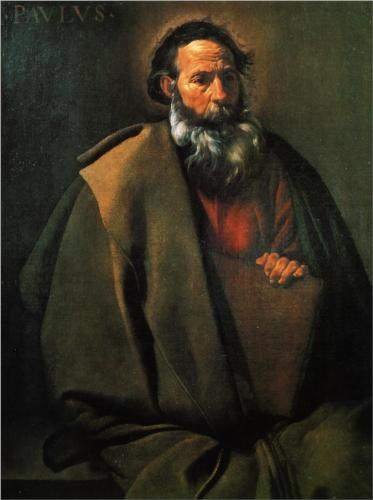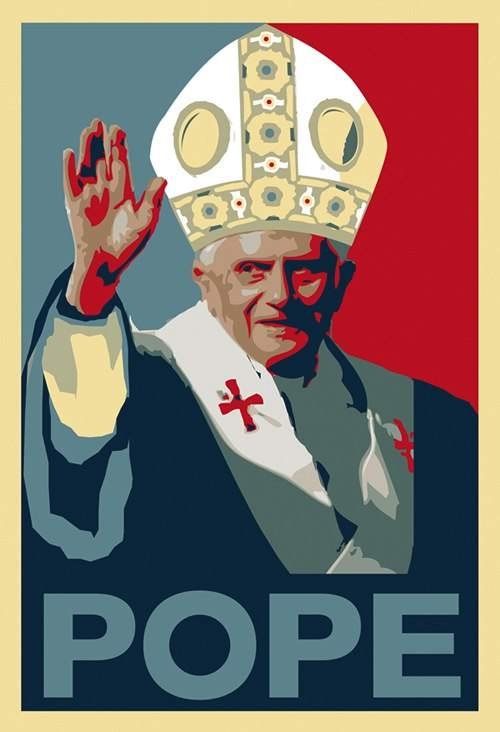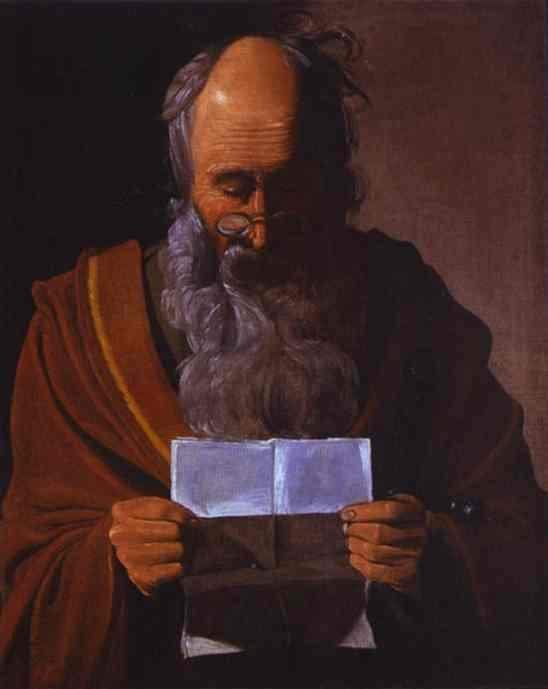
St. Paul (1620), by Georges de la Tour. (WikiPaintings.org)
Here’s an attempt at a brief little post:
I do intend to pick up my series on the Sacraments, soon — but to do them in the right order (that is, starting with the Sacraments of Initiation and proceeding to the end of life), I need to cover the Eucharist next — and how can one write a brief post on the Eucharist, the source and summit of our faith? Where do I even begin? I guess my general theme has been the Catholic view of the Sacraments, and how Protestants have or have not received them. That will be a starting point. But the hurdle is writing a post on “the Catholic view of the Eucharist”!
I have acquired some Catholic commentaries on Scripture recently, and have been immersing myself in them and in the Word: especially a close study of St. Paul, in particular his Epistles to the Galatians and Romans, which Protestants have appropriated and used to justify their doctrine of sola fide. As a nascent Catholic, I was rather wary of these letters, fearing the all-too-familiar Protestant interpretations would lull me back; but now that I’ve matured a little bit, I’m finding just how little support there is for those understandings.
I’m coming to the realization that Martin Luther did not so much “rediscover” “the doctrines of grace” or justification by faith, as is often credited to him — the Catholic Church has always affirmed those, and continues to. What Luther did that was new was read innovations into those doctrines: in particular the idea that justification is by faith alone — which the text never says or even implies (in fact it says the opposite); and that the “works” of which St. Paul is writing are more than just the works of the Mosaic Law — which is the clear context — but any “works” at all; anything that man does in an effort to please God.
Later Protestants, particularly Calvinists, erred in applying this interpretation of “works” to the Sacraments, which are the “works” of Christ, not man, and in which man only participates by the grace of God, through faith (cf. CCC 1999–2001). Luther himself taught that the Sacraments were the means of grace. Calvinists’ unscriptural aversion to “works” can be taken to extremes, such that sinners should logically make an effort not to do anything, lest they appear to be relying on their own “works” for salvation.
Protestants have grown so accustomed to these interpretations that when they read St. Paul, their minds fill in the gaps with Luther’s false assumptions, such that they are completely unable to read the text on its face. They read “by faith alone,” whether the text says it or not. They understand “works” in the broadest definition possible, no matter how narrowly Paul applies the term. It’s the blind spot in one’s vision that one has lived with for so long that one forgets what it’s like to really see; the cherished rug that has covered one’s floor for so many ages that one forgets what the floor looks like, or that there’s even anything underneath.
Okay. Well, that wasn’t what I intended to write when I sat down to write; but there you have it — a (relatively) brief little post.
See my follow-up to this post, “The Rub with Protestant Theology: Why I teach what I teach.”


